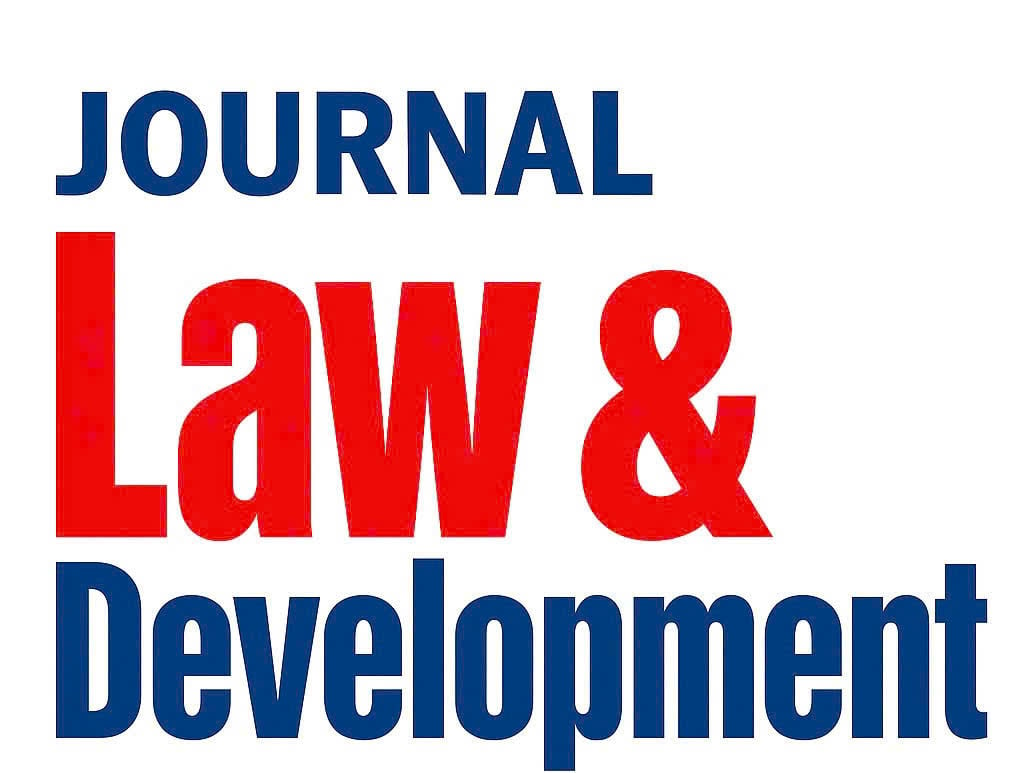On October 7, the Ministry of Education and Training announced the Draft Decree amending and supplementing several articles of the Government’s Decree No. 04/2021/GD dated January 22, 2021, on administrative penalties in the field of education, and Decree No. 88/2022/GD dated October 26, 2022, on administrative penalties in the field of vocational education (hereinafter referred to as “the Draft”) for public comments.
The Draft has been developed to meet practical requirements, ensure the rigor, transparency, and effectiveness of the law, and align with the two-tier local government model.
The amendments and supplements to these Decrees are based on the major policies of the Party and the State on administrative streamlining, legal improvement, and strengthening the rigor, transparency, and enforceability of the law, while also addressing practical needs within the context of the two-tier local government model. The Draft focuses on revising, supplementing, refining, and eliminating provisions that are no longer suitable to current realities.
Clarifying levels of violations in student admission
One key amendment is the clarification of different levels of violations in student admissions, particularly regarding acts such as exceeding enrollment quotas, using improper admission methods, or providing false information. Remedial measures are also adjusted to ensure feasibility and better alignment with actual implementation at educational institutions.
Adding provisions on handling acts of insulting teachers
The Draft introduces new provisions to address acts that insult, offend, or infringe upon the honor, dignity, or physical integrity of teachers, administrators, learners, and staff in educational institutions. This addition reflects a strong commitment to addressing violations in education, enhancing the effectiveness and efficiency of state management in this sector, and fostering a safe and healthy learning environment.
In addition, the Draft also revises the authority to impose administrative penalties in accordance with new provisions of the Law on Handling of Administrative Violations and its implementing Decrees.
Adding provisions to address newly emerging violations
According to the Draft, violations include those related to training regulations by institutions that do not yet meet autonomy requirements or are not entitled to autonomy; violations related to extra classes, private tutoring, overseas study consultancy, international cooperation and investment, and education quality assurance. These provisions aim to increase deterrence, maintain order and discipline in education, and reflect the evolving framework of institutional autonomy and international cooperation.
The Draft also adds regulations for handling students with psychological disorders who commit acts of aggression against teachers or administrators. Instead of solely imposing administrative penalties, educational institutions may provide support, treatment, and psychological counseling, thereby helping to prevent school violence early on.
In the field of vocational education, provincial-level People’s Committee Chairpersons will be granted additional authority to impose certain penalties, enhancing local initiative and reducing the workload for central agencies.
Removing outdated provisions
The Draft Decree reviews and removes provisions inconsistent with the 2019 Law on Education, including the complete repeal of contents related to pedagogical intermediate-level training and intermediate schools — education levels no longer part of the current national education system.
At the same time, the Draft introduces no new administrative procedures but instead focuses on streamlining processes and adjusting the decentralization of sanctioning authority. This approach ensures comprehensiveness and consistency with the Law on Handling of Administrative Violations, aligns with the two-tier local government model, and avoids overlaps in enforcement among administrative bodies.
In addition, the Draft updates the names and organizational structures of relevant agencies and units according to the latest Government regulations, aiming for a more streamlined, efficient, and transparent management system.





















![Cân bằng lợi ích trong bảo hộ quyền tác giả đối với sản phẩm đầu ra của trí tuệ nhân tạo - Thực tiễn pháp lý quốc tế và một số khuyến nghị cho Việt Nam[1]](https://t.ex-cdn.com/phapluatphattrien.vn/480w/files/content/2025/09/28/235548e1baa2nh20224-235516.jpg)











